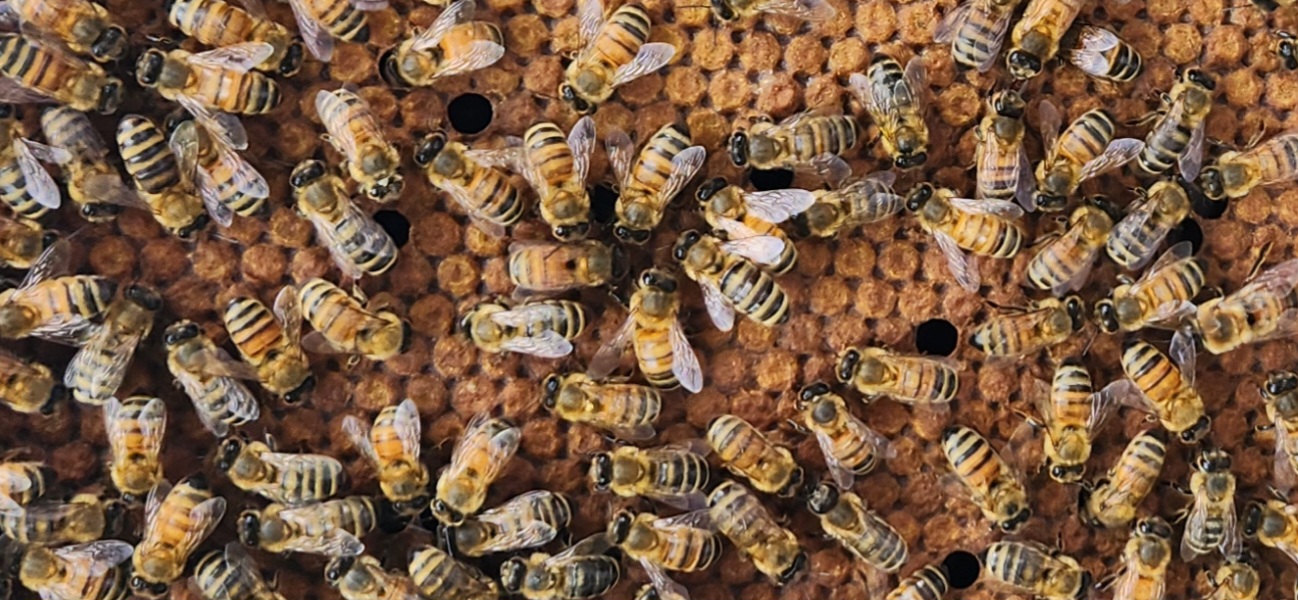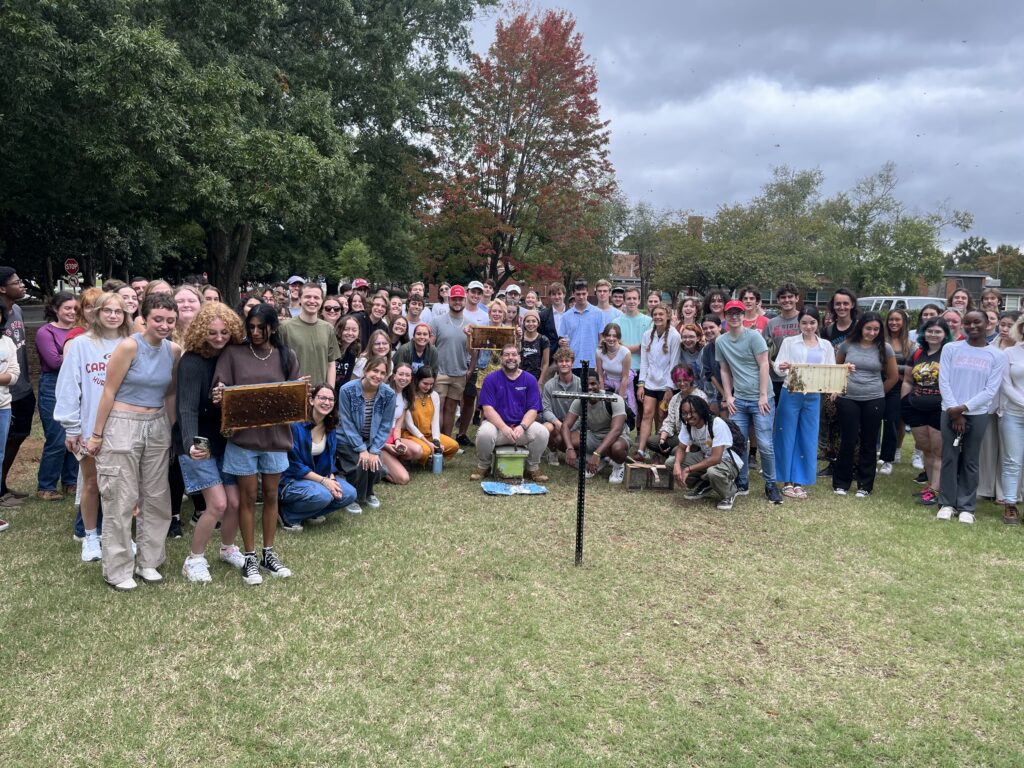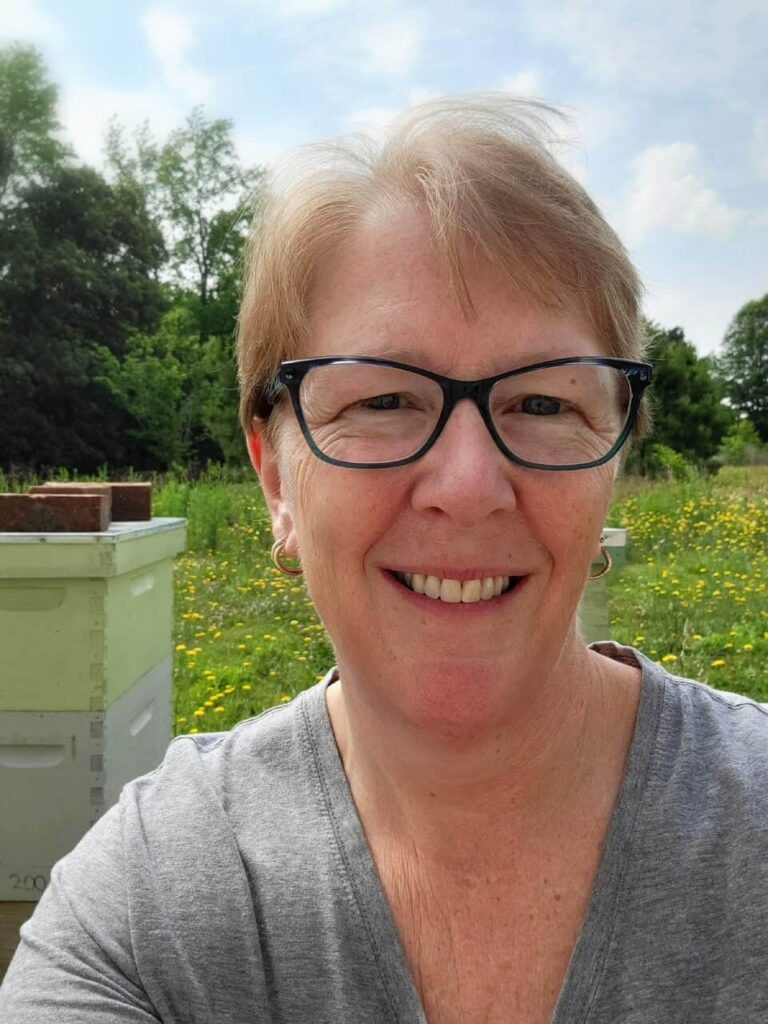Wolfpack’s Waggle Newsletter
go.ncsu.edu/readext?247396
en Español / em Português
El inglés es el idioma de control de esta página. En la medida en que haya algún conflicto entre la traducción al inglés y la traducción, el inglés prevalece.
Al hacer clic en el enlace de traducción se activa un servicio de traducción gratuito para convertir la página al español. Al igual que con cualquier traducción por Internet, la conversión no es sensible al contexto y puede que no traduzca el texto en su significado original. NC State Extension no garantiza la exactitud del texto traducido. Por favor, tenga en cuenta que algunas aplicaciones y/o servicios pueden no funcionar como se espera cuando se traducen.
Português
Inglês é o idioma de controle desta página. Na medida que haja algum conflito entre o texto original em Inglês e a tradução, o Inglês prevalece.
Ao clicar no link de tradução, um serviço gratuito de tradução será ativado para converter a página para o Português. Como em qualquer tradução pela internet, a conversão não é sensivel ao contexto e pode não ocorrer a tradução para o significado orginal. O serviço de Extensão da Carolina do Norte (NC State Extension) não garante a exatidão do texto traduzido. Por favor, observe que algumas funções ou serviços podem não funcionar como esperado após a tradução.
English
English is the controlling language of this page. To the extent there is any conflict between the English text and the translation, English controls.
Clicking on the translation link activates a free translation service to convert the page to Spanish. As with any Internet translation, the conversion is not context-sensitive and may not translate the text to its original meaning. NC State Extension does not guarantee the accuracy of the translated text. Please note that some applications and/or services may not function as expected when translated.
Collapse ▲| Want to be added to our newsletter email list? Just email us! | |
What have we been up to? |
|
 |
With the arrival of the heat, we are at the high point of the research as well. Everyone has been pitching in to help with the field work to try to lighten the load, and they’ve been starting at 6 a.m. so that they can try to wrap things up by noon. Heat exhaustion is a significant danger in this kind of heat, so we’re using an over abundance of caution. Nonetheless, Brad has built a new set up to take detailed pictures of brood area, which we are using in at least two ongoing studies and hope to incorporate going forward. Molly has been spearheading the project on brood pheromones and colony establishment, Catherine has wrapped up a short project on how heat affects drone sperm viability, and Parker finalized a study on larval mortality from beekeeper applied chemicals. Kim has been assisting with everything, as well as keeping on top of the non-experimental colonies and extracting our honey (which looks to be an excellent crop this year!). Jen took the lead on organizing two short courses on queen rearing in WNC, with the help of funding from the USDA to empower beekeepers affected by last fall’s flooding to grown the honey bee population back. |
Lab spotlight |
|
|
|
What would we do without Kim Guillemette?! She is our Apiculture Technician, meaning that she is responsible for running our entire field operation. Anything doing with live bees, she’s the boss. It’s a challenging job to run numerous apiaries of honey bee colonies, especially when our research projects require that we do everything opposite to beekeeping best management practices! But our overwintering losses were extremely low (12%) in a year when beekeepers are reporting 60-70% mortality, and we’ve come through the winter with extremely healthy bees, all thanks to Kim. She’s been a wonderful addition to our team and look forward to great things to come! |
What you should be doing in your apiary this month (July 2025) |
|
 |
July is not as busy as the previous few months, but it is still a very important month in the bee yard…… |
New publications and grant awards |
|
 |
Ali has done it again! Here’s one of her newest publications that shows how cedar beehives neither help nor harm honey bee colony growth or mite loads. McAfee, A., D. R. Tarpy, and L. J. Foster. (2025). Western red cedar (Thuja plicata) beehives have no impact on honey bee (Apis mellifera) overwintering colony survival or detoxification enzyme expression. PLoS ONE, 20: e0318764. [LINK] |
Welcome aboard! |
|
|
|
We are really fortunate to have Molly Carlson recently join the team as our Genetics Technician and prospective MS student. Molly is an NC State alumna, but she has been working in several USDA-ARS honey bee research labs so she comes back with a wealth of knowledge and experience in apiculture research. She is currently helping revive our molecular facilities in the Queen & Disease Clinic but is planning on starting a graduate program in ecology and evolution. |
Teacher’s corner |
|
 |
Our large course in the fall semester, AEC 203 “An Introduction to the Honey Bee and Beekeeping,” is already fully enrolled at 165. Aimed at non-science majors, the course is designed to fulfill the General Education Requirement (GER) for most University majors. As such, we not only cover the interesting aspects of honey bee biology and beekeeping, we also delve into honey bees in art and literature, mythology and religion, even politics and warfare! |




